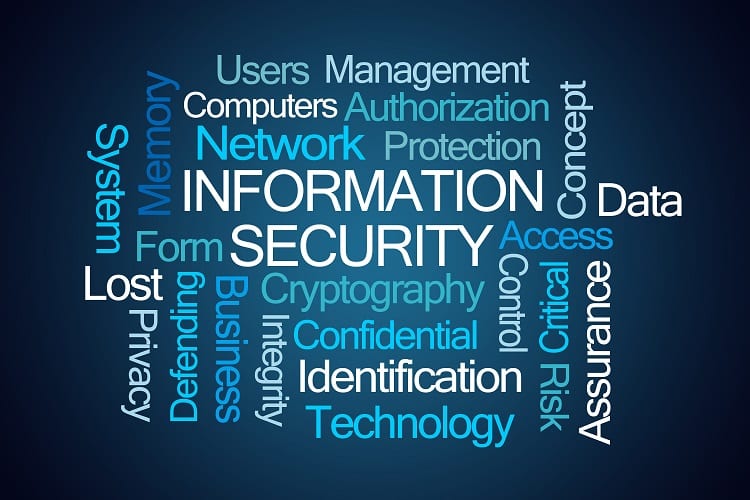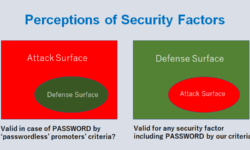Igor Volovich, CEO of Romad Cyber Systems participates in Risk Roundup to discuss the Traditional Anti-Malware Software Effectiveness
Are Traditional Anti-Malware Software Effective?
As each year brings more complex security threats, advanced malicious code, and unexpected security vulnerabilities, there is a serious attempt to secure cyberspace, geospace, and space (CGS). However, in the escalating arms race against advanced malware, the efforts to manage security risks using traditional tools are facing complex challenges.
As malicious software or malware is evolving and becoming very sophisticated, malware threats are becoming very costly for nations: its government, industries, organizations, academia, and individuals (NGIOA).
In addition, with the sophisticated hacking tools becoming abundant and cheap, the rapidly multiplying security threats and vulnerabilities across CGS is greatly simplifying the effort required for intruders or criminals to compromise any computer network anywhere in the world. Moreover, with computer applications now often sharing components and data with one another creating multiple integration points– it further complicates the already complex security efforts in CGS.
So, when the entire underground world is springing up that is solely focusing on making money by invading nations: its government, industries, organizations, academia, and individuals network resources, it is a cause of great concern. It is perhaps time to go beyond outdated traditional desktop endpoint virus scanners and network-based intrusion prevention products to the next generation of anti-malware tools that can effectively bring security to CGS. Time is now to talk about traditional anti-malware software effectiveness.
For more please watch the Risk Roundup Webcast or hear the Risk Roundup Podcast
About the Guest
Igor Volovich is the CEO of Romad Cyber Systems.
About Risk Group
Risk Group is a leading strategic security risk research and reporting organization.
Copyright Risk Group LLC. All Rights Reserved





 Strategizing Cyber-Security
Strategizing Cyber-Security